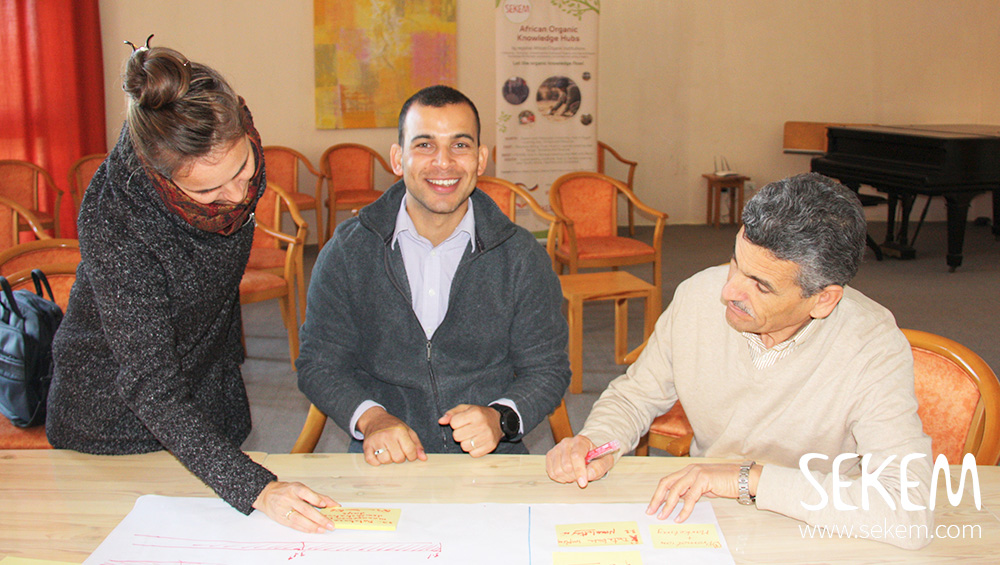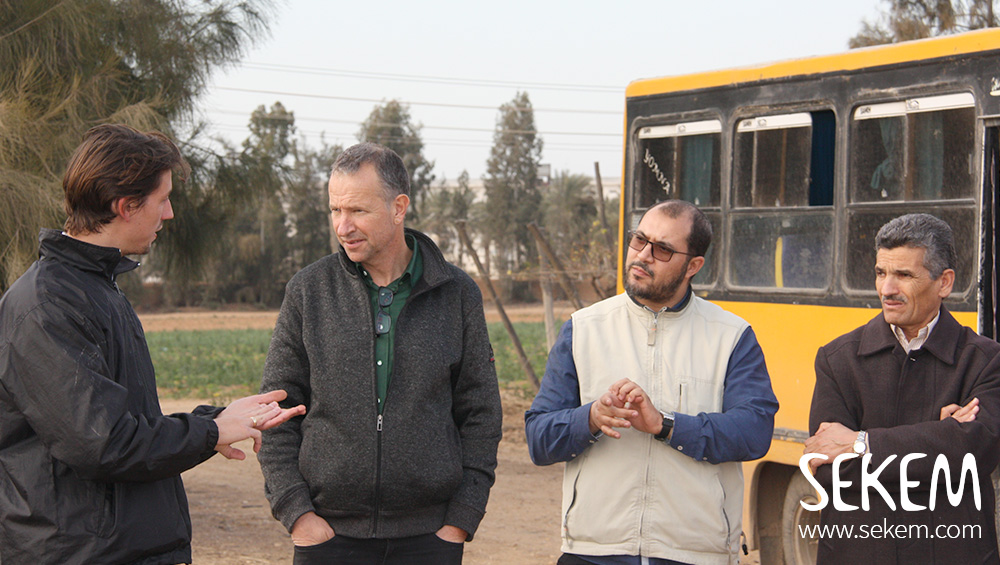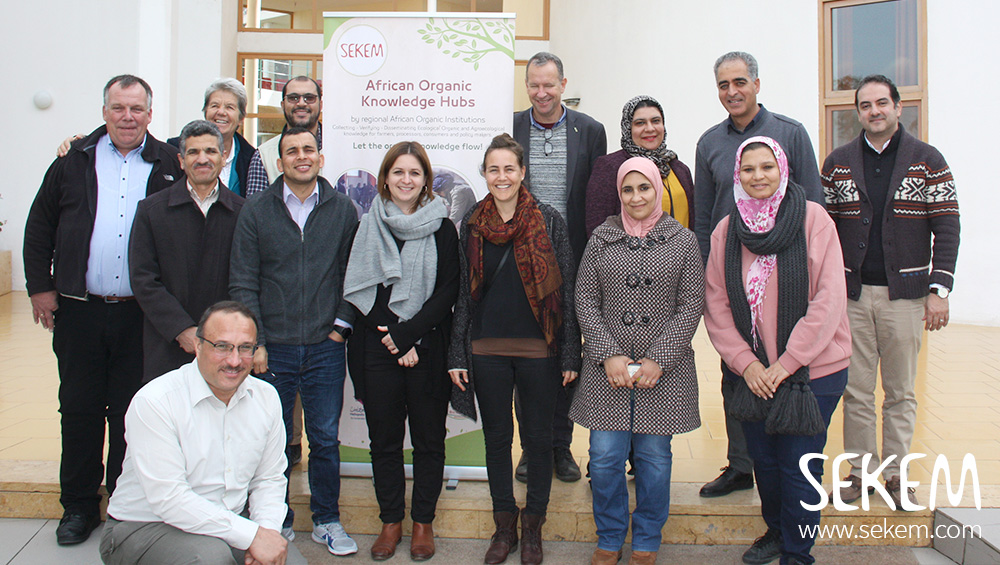In the middle of January, the first workshop of the international project “North African Organic Knowledge Hub” took place at the SEKEM Farm. Together with partner institutions from Tunisia and Morocco, members of SEKEM and Heliopolis University were discussing the projects framework for the main phase that will start in April 2020. Besides, the workshop was led by Markus Arbenz, project director and former director of IFOAM Organics International, and staff of the SEKEM Friends from Germany who took over the projects’ coordination.

The African Organic Knowledge Hubs Project is financed by the German Ministry of Economic Cooperation and Development (BMZ) and the German Development Cooperation (GIZ) in order to support sustainable organic agriculture that contributes among others to preserve nature and provides solutions for challenges such as food insecurity or climate change. They plan to inaugurate four main hubs in north, south, east and west Africa that are going to collect and verify relevant traditional as well as modern scientific knowledge and then provide and disseminate it in cooperation with Rural Service Providers and other multipliers to practitioners, value chain operators and policy makers. The Organic Knowledge Hub for North Africa is coordinated by the SEKEM Friends Association from Germany in cooperation with SEKEM and Heliopolis University in Egypt as well as partner institutions from Tunisia and Morocco.

During the first workshop that took place in the framework of a half year inception phase, guidelines, values as well as organizational issues have been discussed for the main phase that will start at the end of April and is planned to last for at least two years. Within these two years knowledge shall be managed, stakeholder shall be interconnected, and conditions improved. When considering the high number of people that will be involved within the three countries, these outcomes are a huge step towards making important knowledge on a sustainable way to handle environmental challenges and food security available to many people on a whole continent. The project is contributing to the SEKEM’s vision for 2057, which is already a part of the proposal and thereby inspiring many stakeholders in Africa.
Christine Arlt
For Sustainable Agriculture: Germany signs Declaration of Intent with SEKEM

